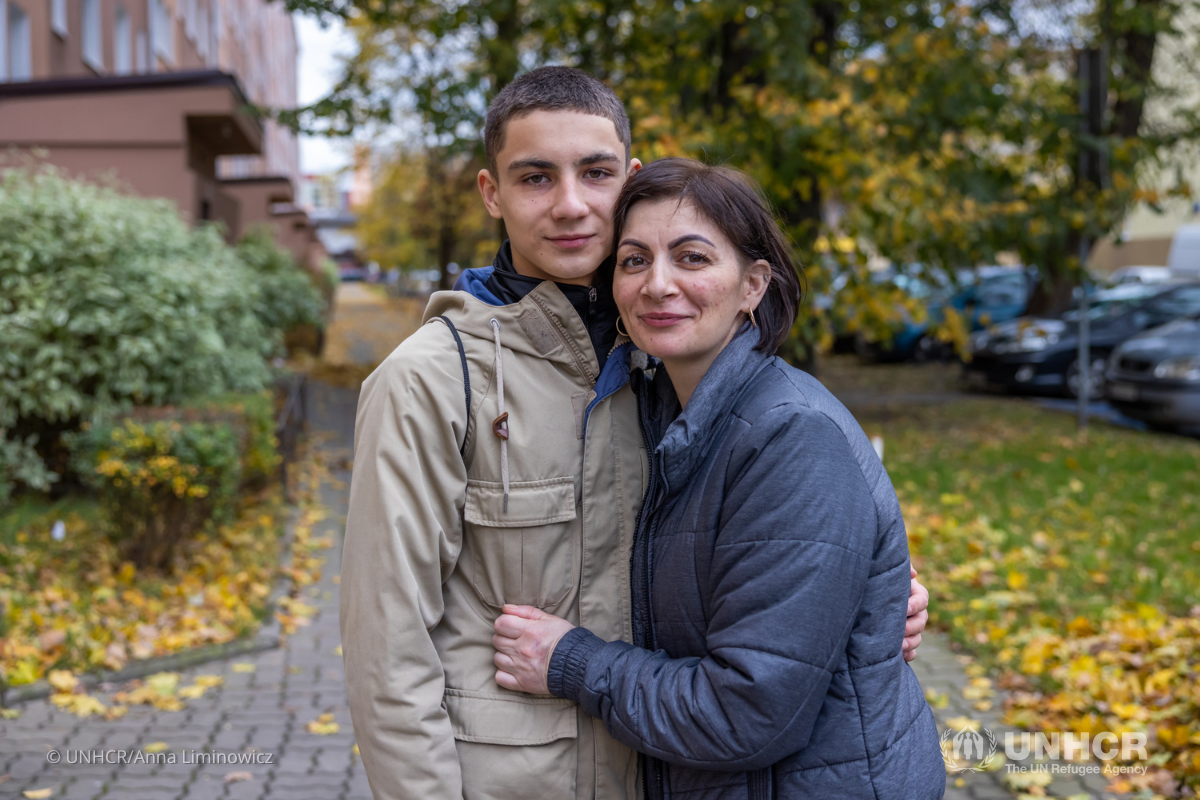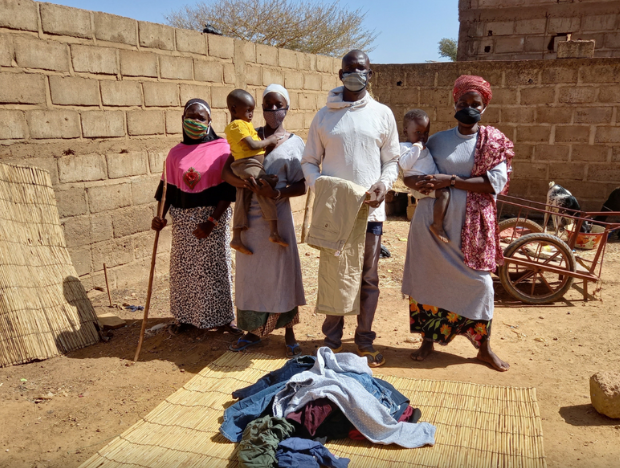UNHCR's climate action: reducing climate risks facing displaced and host communities
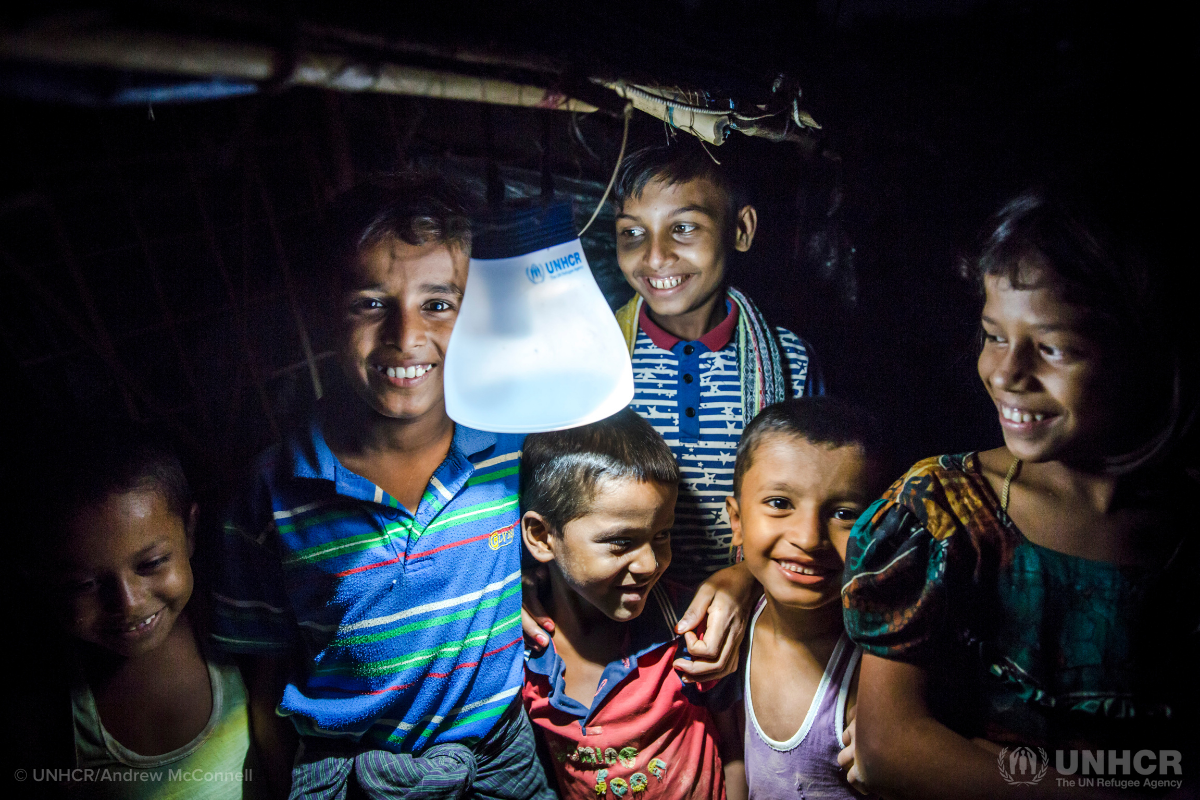
Climate action is essential to UNHCR’s core mandate of protecting refugees and other displaced people around the world. As a global organization dedicated to saving lives, protecting rights, and building a better future for displaced persons and host communities, UNHCR has an important contribution to make to global climate action.
UNHCR aims to meet humanitarian and protection challenges amplified by the climate emergency and protect those forcibly displaced in the context of climate change and disasters.
UNHCR works to reduce climate and environmental risks facing displaced and host communities through targeted and holistic protection interventions in collaboration with governments, partners, civil society, and other UN agencies to create innovative solutions to climate-related challenges.
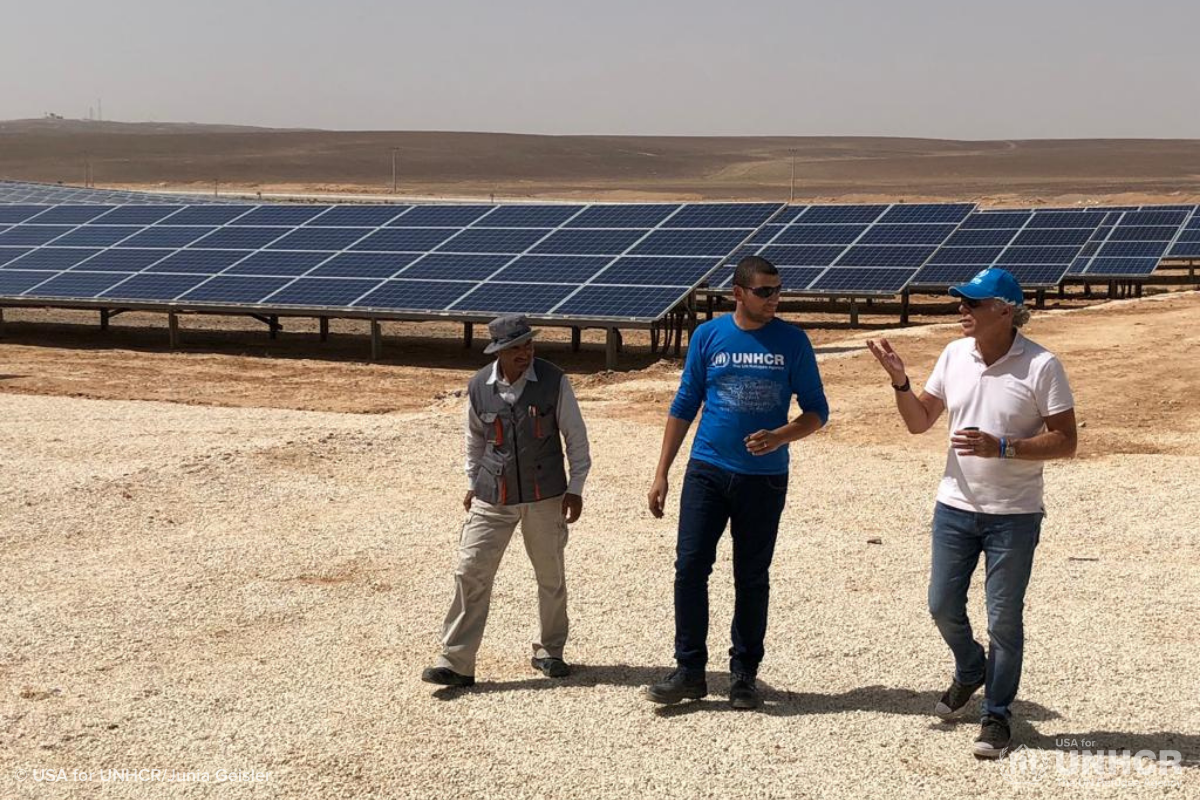
UNHCR’s climate action response is based on three pillars of action:
1. Legal and Policy Guidance: Protecting people displaced in the context of climate change and disasters through guiding the interpretation and application of relevant international protection frameworks, developing guidance and catalysing international discussions.
2. Operational Response: Preserving and rehabilitating the environment and mitigating environmental degradation in displacement settings; enhancing the resilience of displaced and host communities to climate and other environmental risks; and strengthening preparedness and resilience to disasters.
3. UNHCR’s Environmental Footprint: Improving UNHCR’s environmental sustainability by reducing greenhouse gas emissions and minimizing negative environmental impacts.
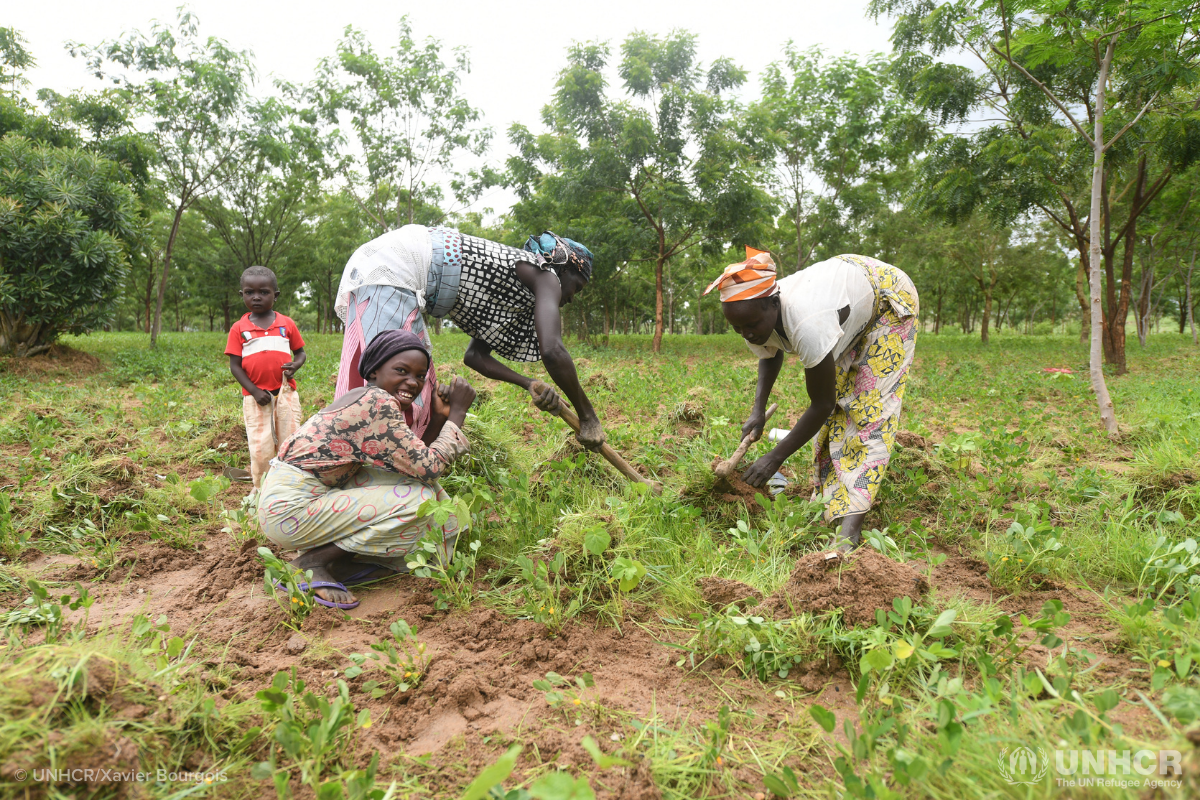
UNHCR’s approach to climate action is a protection- centered, “people first” approach — ensuring that the forcibly displaced people we serve are at the foundation of all our work and that displaced people are active participants in decision-making processes.
UNHCR understands and seeks to mitigate the humanitarian impact of climate change. In our work in the 135 countries where we operate, we see the costs of inaction and the implications for the vulnerable people we protect. Our climate action interventions seek to reduce protection risks and ensure forcibly displaced people have access to shelter, clean water, quality healthcare, sanitation facilities, and protection from violence and further displacement. UNHCR seeks to not only protect communities during their displacement, but also prevent second and third rounds of displacement because of the effects of climate change in host countries.

